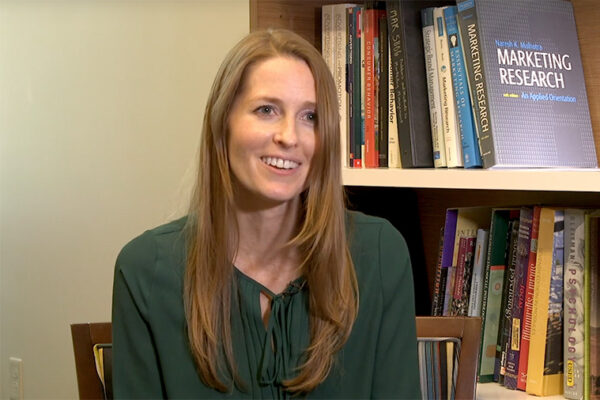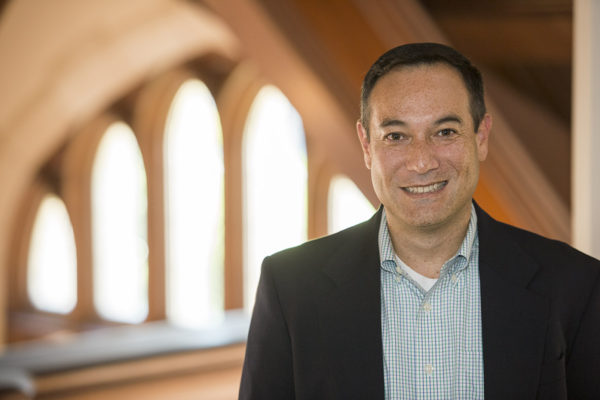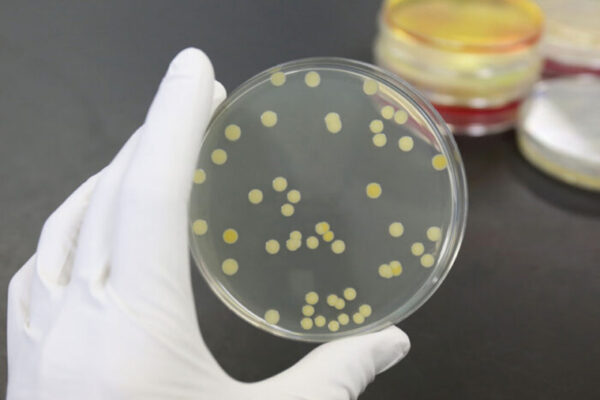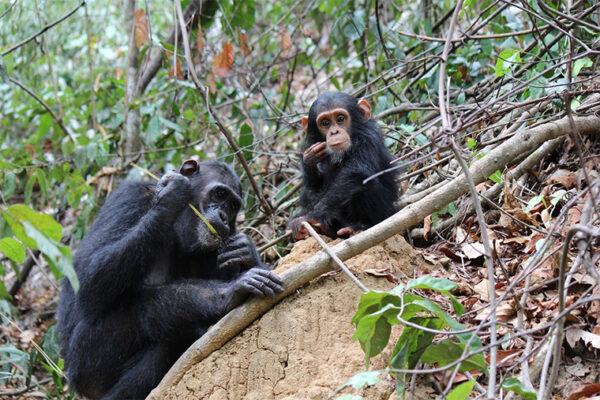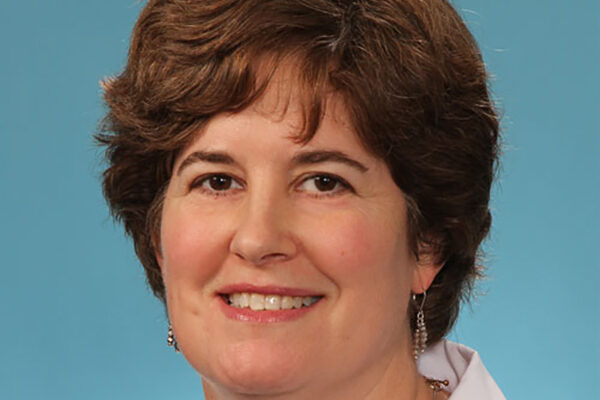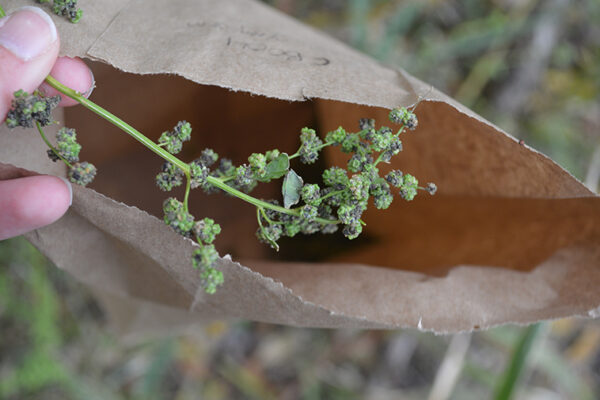Switching tracks: Understanding photosynthesis
Chemists in Arts & Sciences have re-engineered one of nature’s solar cells to drive electrons down an alternate path. This work advances the understanding of the earliest light-driven events of photosynthesis and is published in the Proceedings of the National Academy of Sciences.
Plants model more efficient thermal cooling method
Patricia Weisensee, a mechanical engineer in the McKelvey School of Engineering at Washington University in St. Louis,
combined properties similar to those seen in a lotus leaf with those found on rose petals to find a more efficient way for droplets to evaporate from a surface.
Proton therapy as effective as standard radiation with fewer side effects
A new study, led by the Washington University School of Medicine in St. Louis and the Perelman School of Medicine at the University of Pennsylvania, suggests proton therapy is as effective as traditional X-ray radiation therapy while causing fewer serious side effects.
How to win the holidays: Four rules for giving better gifts
As a social psychologist who studies marketing in general and gift-giving in particular, I’ve seen both the joys and the distresses of gift giving firsthand. The pressures involved can be so intense that I’ve even found that about 70% of American adults have at least one relationship in which they’ve intentionally stopped exchanging gifts at all.
America’s Most Under-Appreciated Right
Americans of all political stripes can choose to exercise the right of assembly as a peaceable but firm reminder that e pluribus unum was always more aspirational than embodied, knowing that the many must still work to live together in spite of their differences.
Why isn’t there a vaccine for staph?
A study from the School of Medicine may help explain why previous attempts to develop a staph vaccine have failed, while also suggesting a new approach to vaccine design that focuses on activating an untapped set of immune cells.
2019 in review: a year of change, a year of discovery
In celebration of another year of change and discovery at Washington University in St. Louis, the Source shares some of its most-read stories of 2019.
Chimpanzees more likely to share tools, teach skills when task is complex
New Arts & Sciences research finds that chimpanzees that use a multi-step process and complex tools to gather termites are more likely to share tools with novices. The study helps illuminate chimpanzees’ capacity for prosocial — or helping — behavior, a quality that has been recognized for its potential role in the evolution of human cultural abilities.
Plax honored by American Academy of Pediatrics
Katie Plax, MD, professor of pediatrics and director of the Division of Adolescent Medicine at Washington University School of Medicine in St. Louis, has received the Job Lewis Smith Award for outstanding community service from the American Academy of Pediatrics.
‘Lost crops’ could have fed as many as maize
For thousands of years, goosefoot and knotweed were grown as crops, possibly feeding as many indigenous people of North America as corn. But the domesticated forms of these lost crops became lost over the years, and now a Washington University in St. Louis archaeologist is trying to figure out why — and recreate them.
View More Stories



